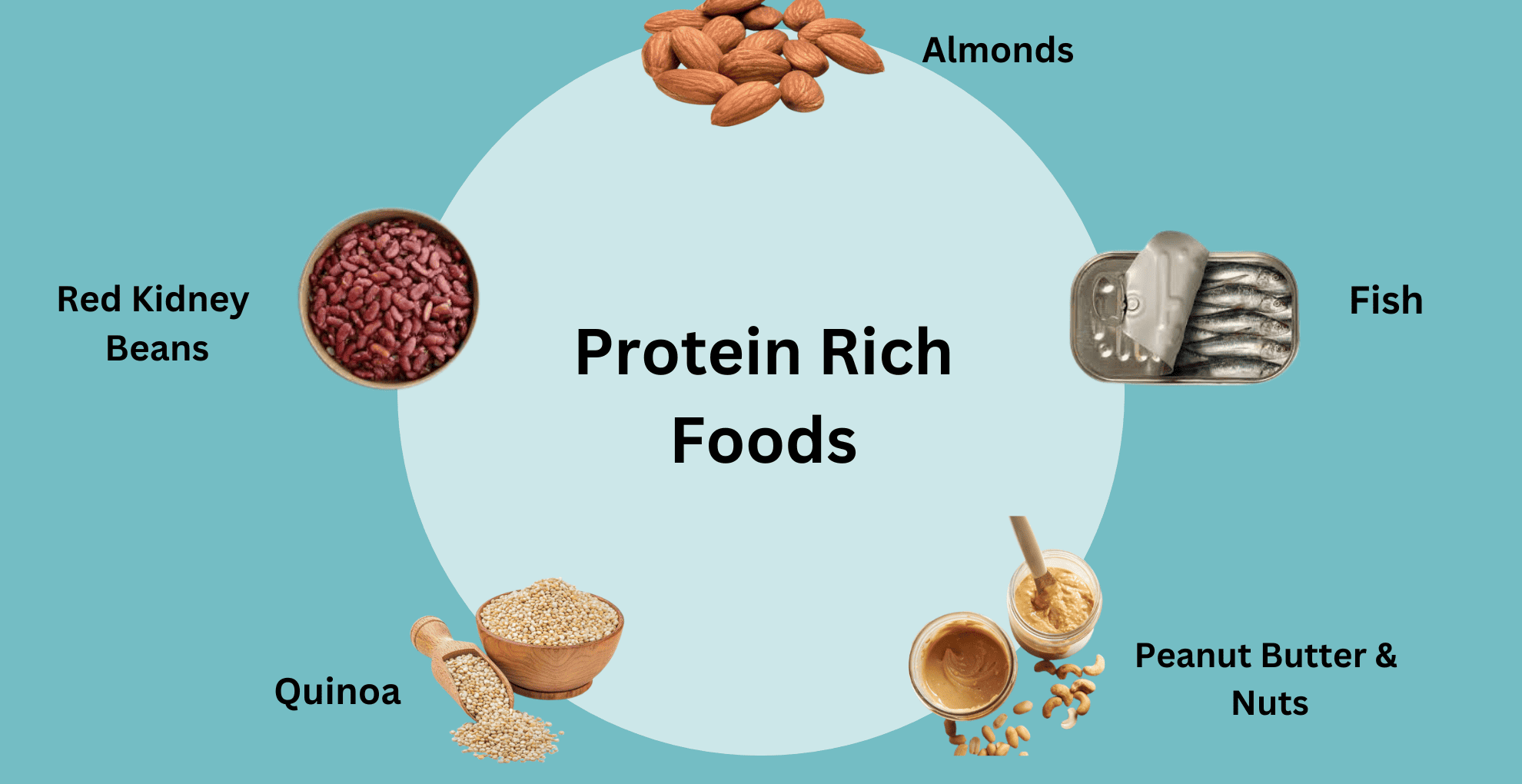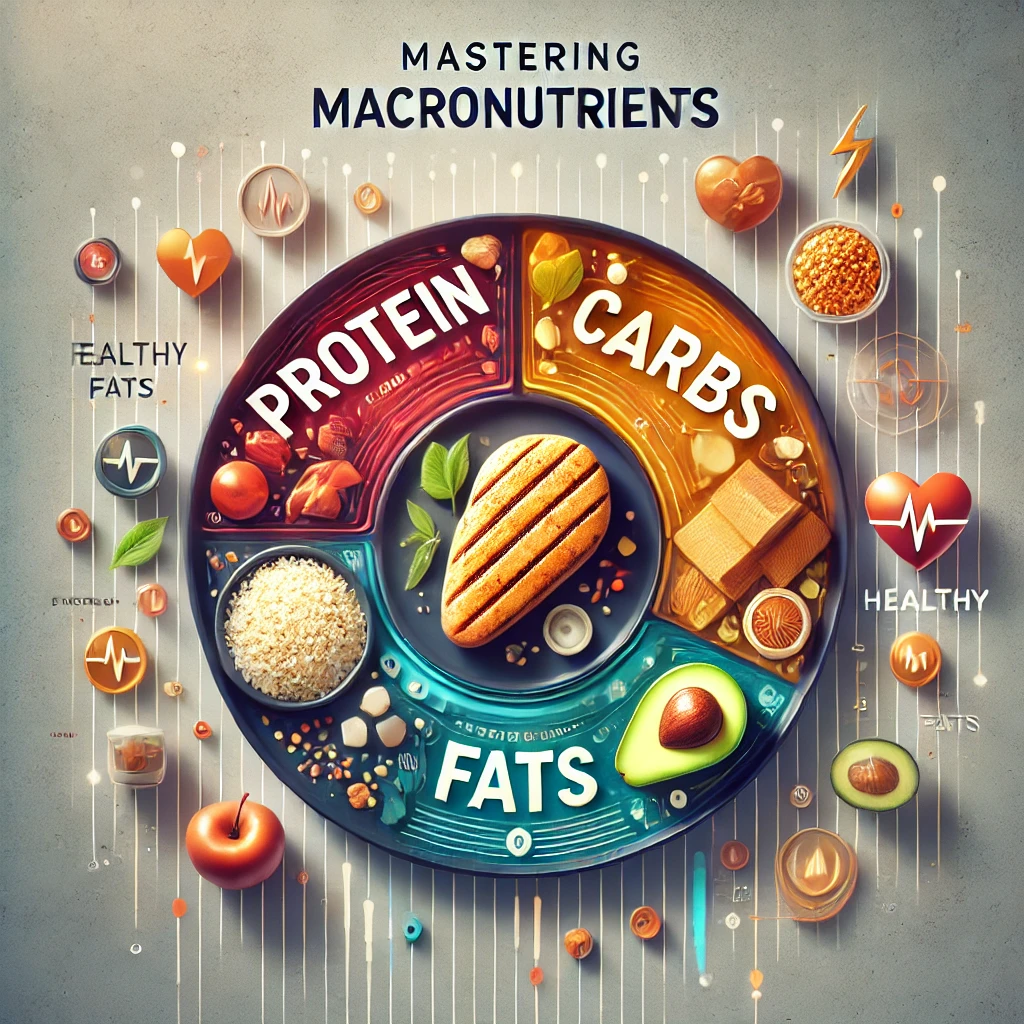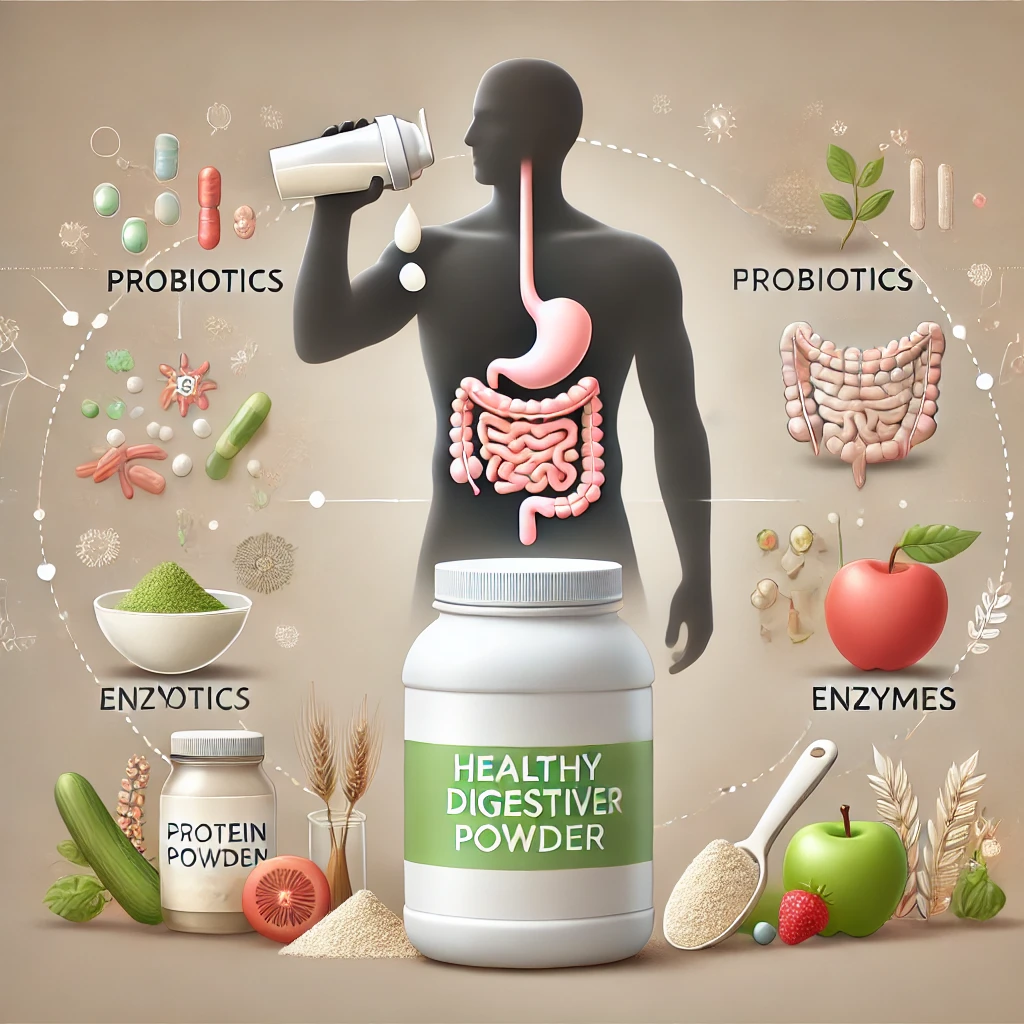Protein is an essential part of any healthy diet. Whether you’re a fitness enthusiast looking to build muscle, someone trying to lose weight, or just aiming for overall well-being, getting enough protein is key. But when it comes to how you get your protein, there’s an ongoing debate: protein powder vs. whole foods. Which is better for you, and what are the pros and cons of each? Let’s dive into the details.
What is Protein Powder?
Protein powder is a convenient, concentrated source of protein that’s often used as a supplement to meet daily protein needs. It’s especially popular among athletes, bodybuilders, and people with busy lifestyles who need quick protein fixes.

Definition and Types
Protein powders come in various forms, each offering its own set of benefits depending on your needs:
- Whey Protein: Derived from dairy, whey protein is known for its quick absorption, making it a favorite among athletes post-workout.
- Plant-Based Protein: Made from peas, hemp, or brown rice, plant-based powders are an excellent option for vegans or those with dairy intolerances.
- Casein Protein: Another dairy-based protein, but slower to digest, providing a more sustained release of amino acids over time.
Protein powders are designed to deliver protein in a concentrated, efficient way, typically with fewer calories and less fat compared to whole food options.
What are Whole Foods?

Whole foods refer to natural, unprocessed or minimally processed foods that offer a wide range of nutrients in addition to protein. These include both animal and plant-based sources, like:
- Animal-Based Protein: Think chicken, beef, fish, eggs, and dairy products.
- Plant-Based Protein: Legumes, lentils, tofu, nuts, and seeds are excellent plant-based protein sources.
Whole foods provide a complex mix of proteins, fats, carbohydrates, and fiber, along with vitamins and minerals that are naturally present in the food.
Nutrient Profile: Protein Powder vs. Whole Foods

When comparing protein powder to whole foods, there’s a clear difference in nutrient density.
- Macronutrients and Micronutrients: Protein powders are often stripped down to offer pure protein. In contrast, whole foods come with a range of other nutrients such as healthy fats, fiber, vitamins, and minerals. For example, a piece of grilled salmon offers high-quality protein plus Omega-3 fatty acids, which you won’t find in most protein powders.
- Fiber and Other Compounds: Whole foods also contain fiber, which helps with digestion and promotes gut health, something protein powders typically lack.
- Protein Concentration: On the flip side, protein powders are highly concentrated sources of protein. A single scoop can deliver 20-30 grams of protein without additional calories from fat or carbs, making it a lean option.
Digestibility and Absorption
One key consideration is how easily your body can digest and absorb the protein.
- Protein Powder: Most protein powders are processed for quick absorption, especially whey protein, which your body digests rapidly. This is why they’re ideal post-workout for muscle recovery.
- Whole Foods: Whole foods, particularly animal-based ones like steak or chicken, take longer to digest, which can help keep you fuller longer. Plant-based whole foods, on the other hand, often come with fiber, which can slow digestion but promotes better nutrient absorption over time.
Convenience and Practicality
Let’s be real—convenience plays a huge role in today’s world.
- Protein Powder: Protein powders are the epitome of convenience. You can mix them into a shake or smoothie within seconds and get a high-protein snack or meal replacement on the go.
- Whole Foods: Whole foods require more effort, whether you’re cooking chicken breast or preparing a batch of lentils. However, the nutritional payoff is often more significant due to the extra nutrients you’re consuming along with the protein.
Cost Comparison: Protein Powder vs. Whole Foods
When it comes to cost, both options have their pros and cons.
- Protein Powder: In the short term, protein powders might seem more cost-effective, especially when considering the cost per gram of protein. However, high-quality protein powders can get expensive, especially if used daily.
- Whole Foods: Buying fresh meats or organic produce might be more expensive upfront, but whole foods offer more comprehensive nutrition that justifies the cost.
Taste and Texture: Preference Matters
Your personal taste preferences will also play a role.
- Protein Powder: Many protein powders come with artificial flavoring, sweeteners, and additives. While they can be delicious, some find the taste too artificial or the texture chalky.
- Whole Foods: Whole foods offer natural, varied flavors that can be more satisfying in the long run. A juicy steak or a well-seasoned chickpea dish may be more enjoyable than a chocolate-flavored protein shake.
Flexibility in Meal Planning
Both protein powder and whole foods offer versatility, but in different ways.
- Protein Powder: Protein powder can be used in shakes, smoothies, baked goods, and even sprinkled on oatmeal.
- Whole Foods: Whole foods provide more substantial meals, whether you’re grilling chicken or preparing a hearty bean stew. They can also be used in a wider variety of cuisines and dishes.
Health Benefits and Risks
Both protein powder and whole foods have health benefits, but it’s important to consider potential risks.
- Whole Foods: Whole foods offer a wide range of nutrients that promote overall health. You get vitamins, minerals, and antioxidants that contribute to long-term well-being.
- Protein Powder Risks: Over-reliance on protein powders can lead to nutrient deficiencies since they lack the diversity of whole foods. Additionally, some powders may contain additives, artificial sweeteners, or even harmful chemicals in poorly regulated brands.
Environmental Impact
The environmental cost of your protein source may also be important to you.
- Protein Powder: Many protein powders, especially those derived from dairy, have a high environmental impact due to the resources needed for livestock farming.
- Whole Foods: Sustainable plant-based whole foods like lentils, beans, and nuts often have a lower environmental footprint, making them a better choice for eco-conscious individuals.
Weight Management and Satiety
Protein plays a vital role in weight management, but the form it comes in can influence how full you feel.
- Protein Powder: Because protein powders digest quickly, they may not keep you full for long. However, they’re great for post-workout muscle recovery and can be used strategically in weight loss diets.
- Whole Foods: Whole foods tend to be more filling because of their fiber and fat content. A meal with beans or eggs is likely to sustain you much longer than a shake.
When to Choose Protein Powder
Protein powder is ideal in specific circumstances, such as:
- Athletes and Bodybuilders: After intense workouts, quick protein absorption is crucial for muscle recovery.
- Busy Professionals: If you need a fast and easy protein source to fit into your hectic schedule, protein powder is your best bet.
When to Choose Whole Foods
For most people, whole foods should be the foundation of a balanced diet.
- Long-term Health: Whole foods provide a wide range of nutrients that contribute to overall health, not just protein.
- Balanced Diet: If you’re focused on long-term well-being and not just protein intake, whole foods are the way to go.
Frequently Asked Questions
Can you replace meals with protein powder?
While you can occasionally replace a meal with a protein shake, relying on them too much can lead to nutrient deficiencies.
Is protein powder safe for daily use?
Yes, as long as it’s from a reputable brand and used in moderation alongside a balanced diet.
What are the best whole food sources of protein for vegans?
Lentils, chickpeas, tofu, tempeh, and quinoa are excellent plant-based protein sources.
How much protein do you need per day?
It depends on factors like age, activity level, and health goals, but the general recommendation is 0.8 grams per kilogram of body weight.
Is there a limit to how much protein you can absorb at once?
Yes, typically the body can absorb 20-30 grams of protein per meal, though the exact amount can vary based on the individual.
Conclusion
Both protein powder and whole foods have their place in a healthy diet. Protein powder offers a quick, convenient way to boost protein intake, especially for athletes and busy individuals. However, whole foods offer a more comprehensive range of nutrients and should be the foundation of your diet for long-term health. It’s not about choosing one over the other; it’s about knowing when and how to incorporate both into your lifestyle.









